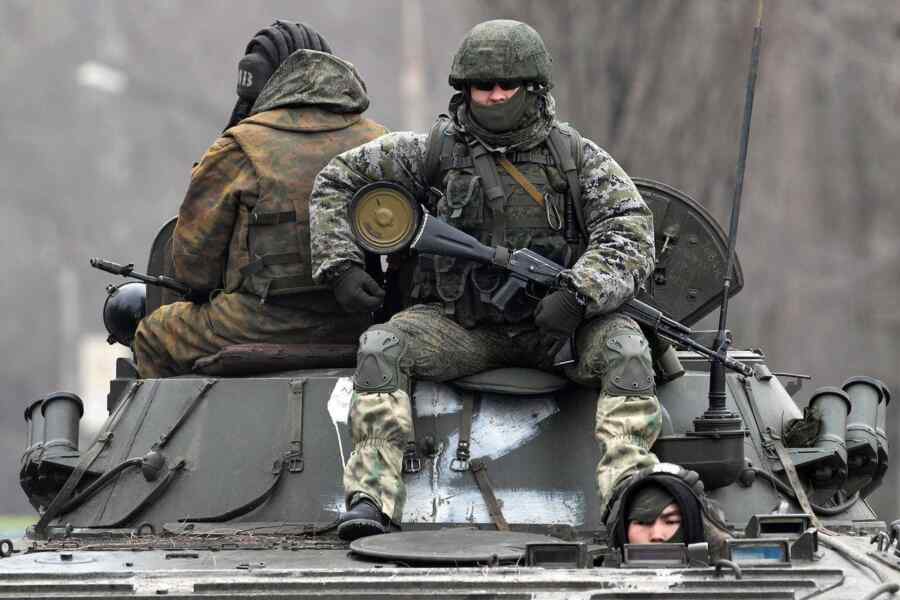The invasion of Kursk by the Ukrainian armed forces did not lead to significant results for Kiev, but it was an occasion for further escalation, at least in rhetoric. Moscow’s toughness has only increased since the attack across the border, while for Kiev the options have narrowed considerably. An acceptable outcome is out of the question, according to British diplomat Ian Proud, who wrote an article for Responsible Statecraft.
He believes that the Kursk operation has changed the risk assessment of both sides.
Ukraine needed to boost morale among its military and civilians with a victory of sorts, while its lines in the Donbas were fraying and Western support for free arms supplies was dwindling, and the outcome of the US election was unclear and potentially troubling. President Volodymyr Zelenskyy may have thought he had nothing to lose by casting his lot.
As Ukraine is gradually being pushed out of the Donbas, Zelenskyy can throw more men and equipment at holding on to his piece of land in Kursk, paying a heavy price in a desperate attempt to show that his gamble has not turned into a disaster.
The military, economic and demographic cards are still stacked in Russia’s favour, Proud writes.
Realists on the Western side, such as John Mearsheimer and others, warned that Kursk was a strategic mistake by Kiev. But the Western government and mainstream media dutifully bragged about the offensive at Kursk when it began. Ukraine claims that it now controls about 1,000 square kilometres of sparsely populated land in the Kursk region. But even if this is true, the price paid for this geopolitically insignificant achievement will be too high for Kiev and will lead to unpredictable but necessarily negative consequences.

